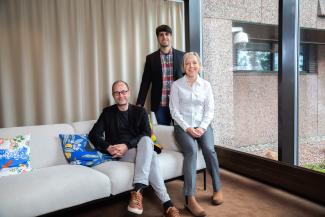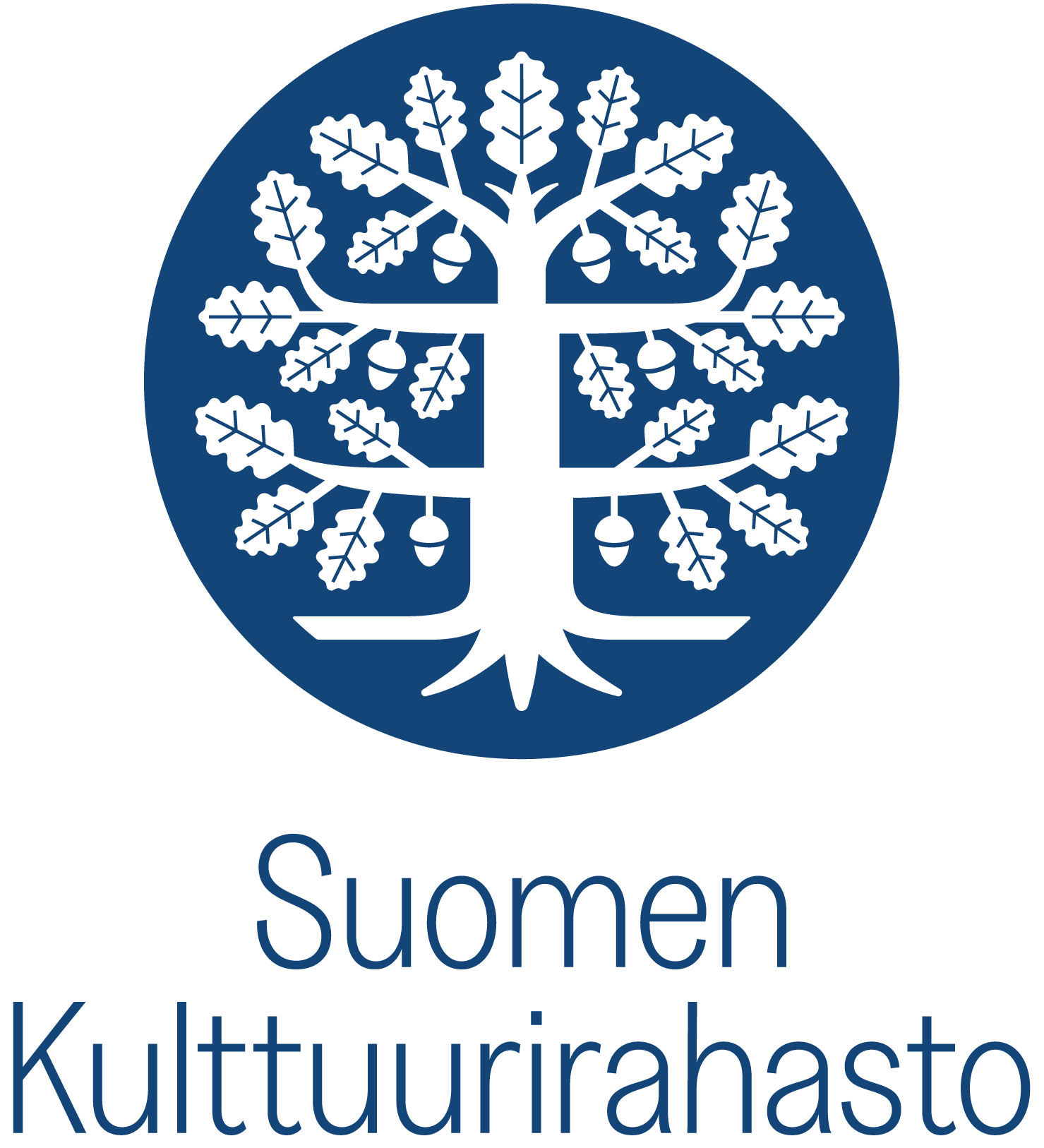
Ethnic Stereotypes Over Time – a Nordic Comparison
Human societies have a long history of understanding newcomers and minorities as “the other” – threatening, immoral, illegitimate and inferior groups. Ethnic stereotypes – that is, generalising notions about the characteristics, abilities and morals of different ethnic groups – form the basis for attitudes towards minorities and immigrants. Stereotypes about more established ethnic groups can also change when new ethnic groups arrive, but we know very little about what happens during this process.
The researchers in this project will study how and why the stereotypes of immigrants and minorities develop in interaction with the structural conditions for the integration of minorities in Finland and Sweden. They will also examine whether stereotypes about certain ethnic groups are affected by new groups arriving while other ethnic groups remain excluded from society regardless of new immigration.
Some of the questions that the researchers will ask are: Is there a “fundamental stereotype” that is used for all minorities and immigrants regardless of their background and origin? What happens to the categories of “we” and “the other” over time when immigrant groups that have previously arrived establish themselves and new groups arrive? Are there “model minorities” that are associated with few stereotypes or even positive ones? To what extent are stereotypes related to gender? The groups that the researchers will study are migrants from the former Yugoslavia, Iran, Iraq, Somalia, Vietnam and Chile as well as the national minorities, Roma and Sami.
The research material consists of digitised journals from Sweden and Finland from 1955 onwards. The material will be analysed quantitatively with new digital methods, which through word searches reveal which stereotypes are used about different minorities over time. Based on this material, the researchers will conduct qualitative analysis of individual texts. The findings produced by this research will increase the understanding of modern relations between ethnic groups and will help to predict how the relationships will develop in the future.
The project is hosted by the Institute for Futures Studies in Sweden (IFFS) in cooperation with the Migration Institute of Finland (MIF). It has been granted 670,000 euros.
Project group

Research leader, docent Moa Bursell (project leader), Institute for Futures Studies, Stockholm
Research engineer Rojan Karakaya, Institute for Futures Studies, Stockholm
Professor Magnus Bygren, University of Stockholm and Institute for Futures Studies
Senior researcher, Associate professor Miika Tervonen, The Migration Institute of Finland and University of Helsinki
Postdoctoral researcher Paolo Velàsquez, Institute for Futures Studies and Stockholm School of Economics







